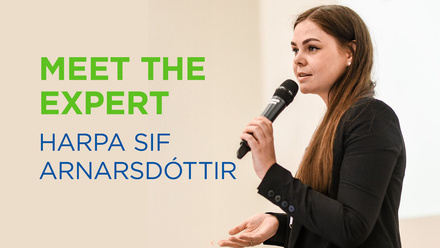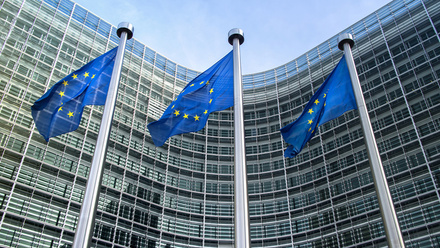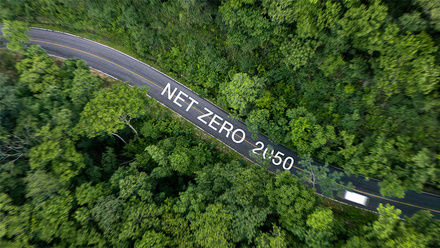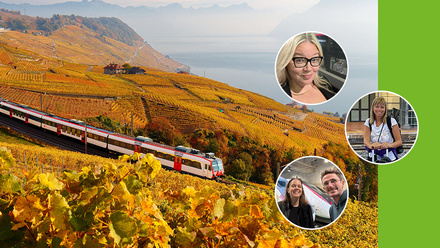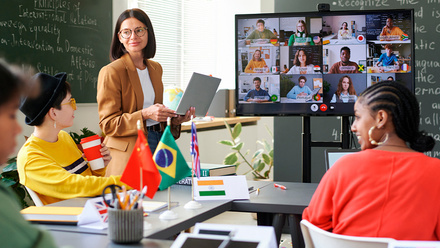Tatjana Söding: Erasmus by Train: gaining steam?
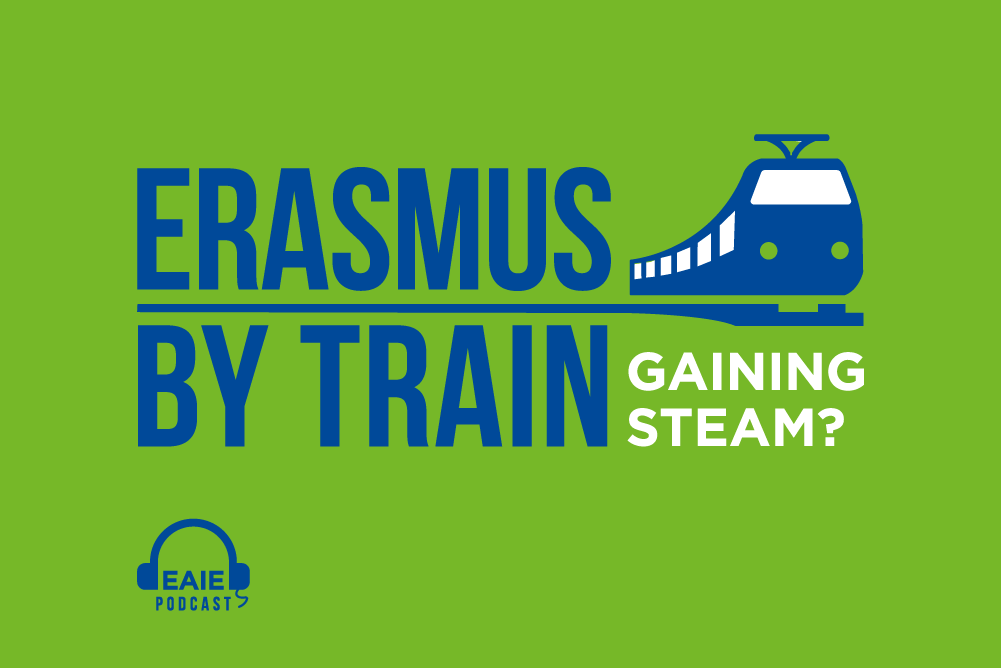
When it comes to student mobility, train travel doesn’t seem to be very popular. According to a 2020 survey by the Erasmus Student Network, three out of four Erasmus students are still flying to their exchange location.
Transport accounts for almost one quarter of Europe's greenhouse gas emissions. In order to reduce this worrying amount, the European Commission is promoting initiatives to encourage the use of rail instead of more polluting modes of transport like air and road travel, and has declared 2021 to be the European Year of Rail.
Could trains be the key to ‘green’ student mobility? What can be done to motivate students to travel sustainably? Is the new Erasmus+ programme going in the right direction?
As world leaders gather in Glasgow for the UN Climate Change Conference of the Parties (COP26), we hear the voices of European students who are advancing concrete proposals to make European students travel sustainable. In the new episode of the EAIE podcast series, we are joined by Tatjana Söding of the Erasmus by Train initiative to discuss what the future holds for the way students travel.
About Tatjana Söding
Tatjana Söding is a member of the Erasmus by Train initiative, where she works in the public outreach team. She is currently completing a Master's in Human Ecology at Lund University.
Further reading
For further insights into the topics touched on in this episode, the following resources may be of interest:
→Catherine Comiskey: Imagining sustainability, institutionalising change
→ Taking action towards ecosystem restoration
→ Forum Magazine Spring 2022 Issue "Our changing climate" - Call for Paper


